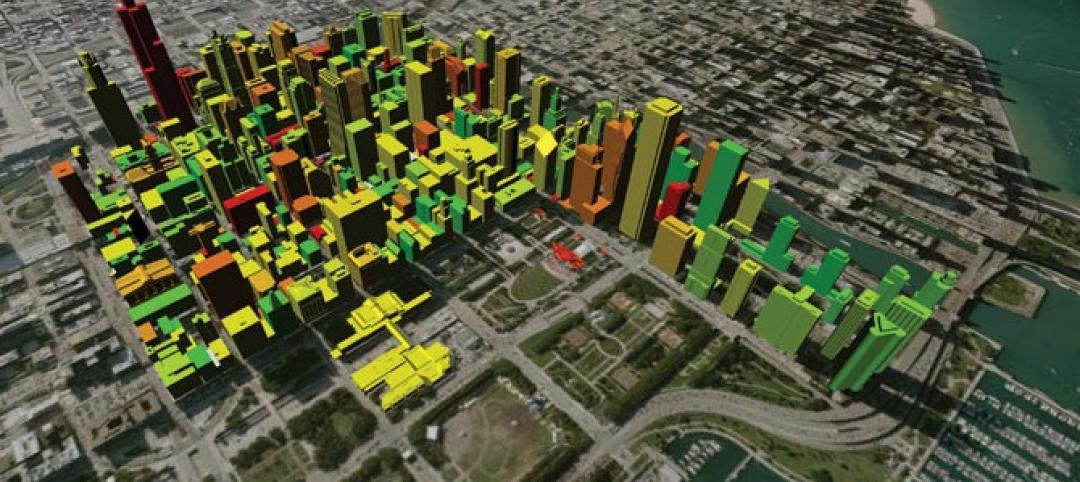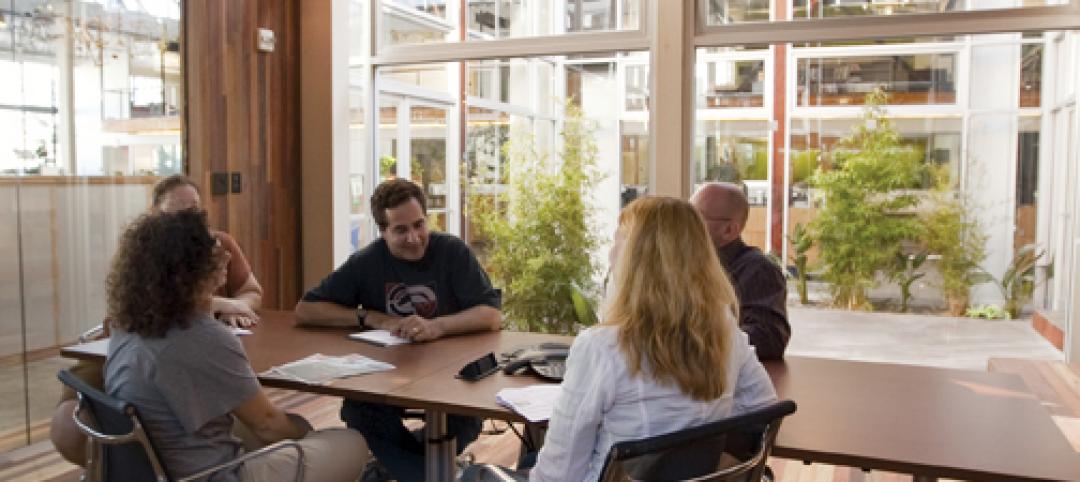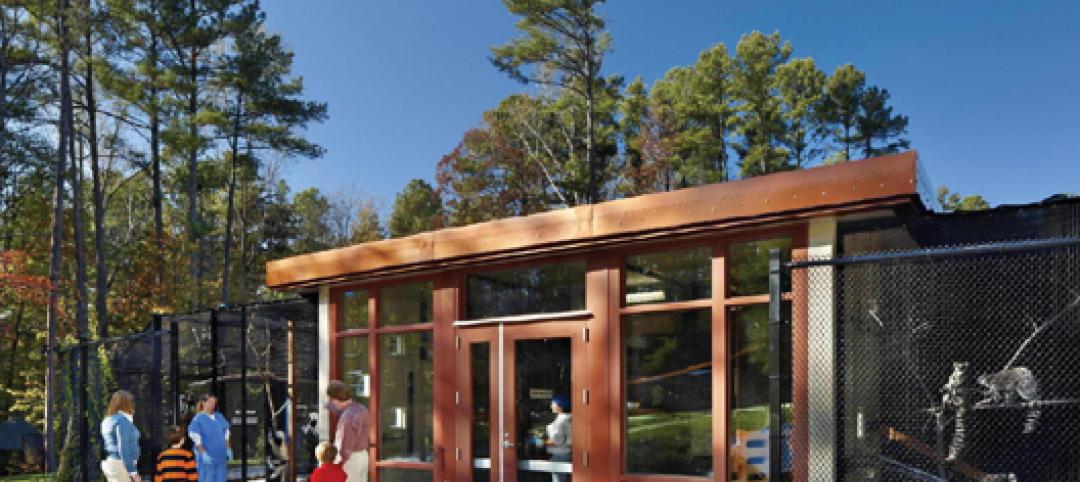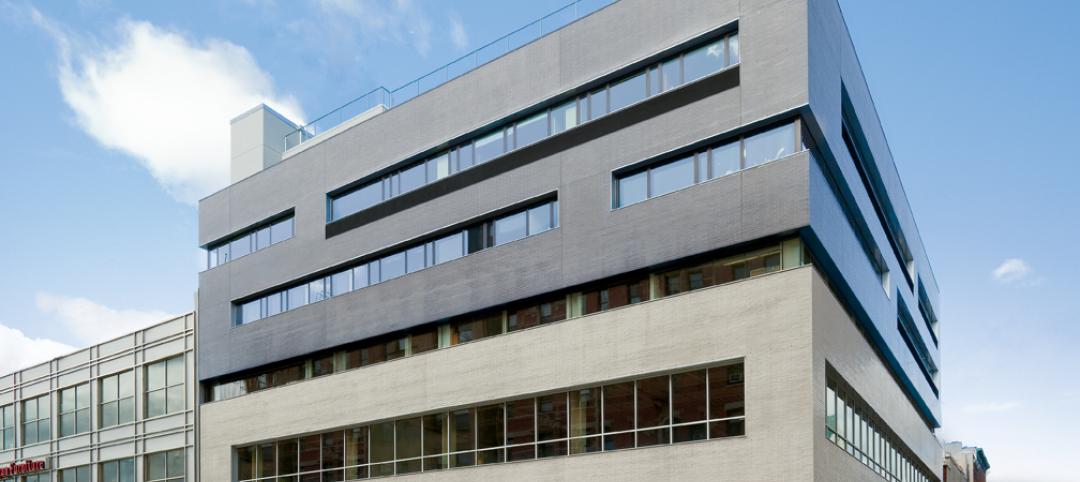For the past year and a half, I have had the pleasure of working with an incredible group of AEC marketing and business development leaders as a member of the Board of Trustees for the SMPS Foundation, the nonprofit research arm of the Society for Marketing Professional Services.
The Foundation’s 2018 research project will explore the brain science behind client decision making behavior. That is, why do your clients—real estate developers, building owners, university leaders, school district officials, healthcare operators, etc.—make the decisions they do? And how, as an AEC firm, can you better tailor your services, marketing, and communications to more effectively influence your clients and better meet their needs?
Here’s a synopsis of the research project:
Within the AEC industries, our clients, both public (i.e., local, state, provincial, federal entities) and private, are responsible for making decisions regarding which companies they will hire to design and build their projects. As the market continues to become more competitive, we are interested in understanding and reacting to the science behind decision making—how brains work subconsciously and emotionally, and rationalize one service provider over another with stats and scoring, for example. The researcher(s) for this project should also explore and present any other components of decision-making and how service providers can affect the outcome of choices their clients make.
This is the type of important business research that is absent in our market. All AEC professionals could benefit from its findings and recommendations.
The Foundation has composed a formal FRP in search of research groups and neuroscience experts who are interesting in taking on this important study.
If you are interested in learning more or submitting an RFP for this funded research project, please email me at dbarista@sgcmail.com. Thanks!
Related Stories
| Jan 28, 2011
Survey Shows BOMA 360 Designees Demonstrate Operational Savings and Compete for Tenants
A new survey conducted by the BOMA International shows that BOMA 360 designees are able to document operational savings, develop new policies and procedures, and attract new tenants because of their designation. The BOMA 360 Performance Program is a program designed to recognize commercial properties that demonstrate best practices in building operations and management.
| Jan 27, 2011
Perkins Eastman's report on senior housing signals a changing market
Top international design and architecture firm Perkins Eastman is pleased to announce that the Perkins Eastman Research Collaborative recently completed the “Design for Aging Review 10 Insights and Innovations: The State of Senior Housing” study for the American Institute of Architects (AIA). The results of the comprehensive study reflect the changing demands and emerging concepts that are re-shaping today’s senior living industry.
| Jan 25, 2011
Bloomberg launches NYC Urban Tech Innovation Center
To promote the development and commercialization of green building technologies in New York City, Mayor Michael R. Bloomberg has launched the NYC Urban Technology Innovation Center. This initiative will connect academic institutions conducting underlying research, companies creating the associated products, and building owners who will use those technologies.
| Jan 25, 2011
Top 10 rules of green project finance
Since the bottom fell out of the economy, finding investors and financial institutions willing to fund building projects—sustainable or otherwise—has been close to impossible. Real estate finance prognosticators, however, indicate that 2011 will be a year to buy back into the real estate market.
| Jan 25, 2011
Chicago invented the skyscraper; can it pioneer sustainable-energy strategies as well?
Chicago’s skyline has always been a source of pride. And while few new buildings are currently going up, building owners have developed a plan to capitalize on the latest advances: Smart-grid technologies that will convert the city’s iconic skyline into what backers call a “virtual green generator” by retrofitting high-rise buildings and the existing electrical grid to a new hyper-connected intelligent-communications backbone.
| Jan 25, 2011
AIA reports: Hotels, retail to lead U.S. construction recovery
U.S. nonresidential construction activity will decline this year but recover in 2012, led by hotel and retail sectors, according to a twice-yearly forecast by the American Institute of Architects. Overall nonresidential construction spending is expected to fall by 2% this year before rising by 5% in 2012, adjusted for inflation. The projected decline marks a deteriorating outlook compared to the prior survey in July 2010, when a 2011 recovery was expected.
| Jan 25, 2011
InterContinental Hotels Group gets LEED pre-certification
InterContinental Hotels Group, the world's largest hotel group by number of rooms, announced that its in-house sustainability system Green Engage has been awarded LEED volume pre-certification established from the USGBC and verified by the Green Building Certification Institute. IHG is the first hotel company to receive this award for an existing hotels program.
| Jan 21, 2011
Manufacturing plant transformed into LEED Platinum Clif Bar headquarters
Clif Bar & Co.’s new 115,000-sf headquarters in Emeryville, Calif., is one of the first buildings in the state to meet the 2008 California Building Energy Efficiency Standards. The structure has the largest smart solar array in North America, which will provide nearly all of its electrical energy needs.
| Jan 21, 2011
Primate research facility at Duke improves life for lemurs
Dozens of lemurs have new homes in two new facilities at the Duke Lemur Center in Raleigh, N.C. The Releasable Building connects to a 69-acre fenced forest for free-ranging lemurs, while the Semi-Releasable Building is for lemurs with limited-range privileges.
| Jan 21, 2011
Harlem facility combines social services with retail, office space
Harlem is one of the first neighborhoods in New York City to combine retail with assisted living. The six-story, 50,000-sf building provides assisted living for residents with disabilities and a nonprofit group offering services to minority groups, plus retail and office space.












